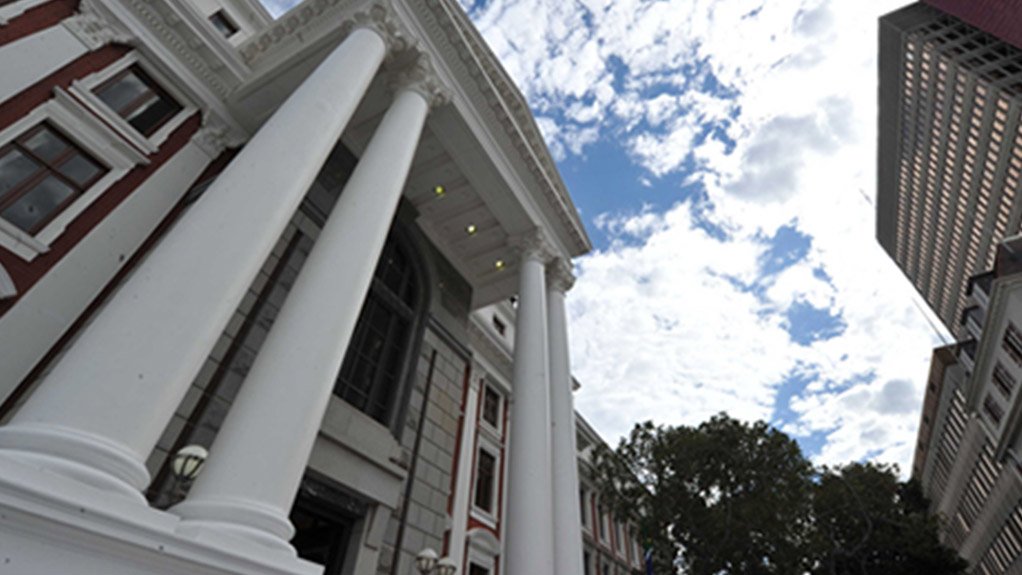/ MEDIA STATEMENT / The content on this page is not written by Polity.org.za, but is supplied by third parties. This content does not constitute news reporting by Polity.org.za.
Parliament’s Portfolio Committee on Basic Education today received a briefing on the Basic Education Laws Amendment (BELA) Bill. The Committee assured the public that once the Bill comes before Parliament, public participation will take place.
Today’s meeting was for Committee Members to hear about the impact of the proposed amendments on the school community from the Department of Basic Education (DBE). Committee Chairperson Ms Nomalungelo Gina indicated that the draft Bill has not yet been referred to Parliament, as it must still go through processes within the DBE.
“We realised that the Bill has drawn a lot of media and public attention and therefore requested this meeting. When the Bill is referred to us next year, we will open it for public comments so as to familiarise ourselves with the concern of the people,” Ms Gina said.
The Committee welcomed the fact that the DBE has given an undertaking to extend the deadline for public comments on the Bill until 10 January 2018. “This will give the public a chance to give inputs,” said Ms Gina. “Furthermore, the process of public participation does not end there. Once the Bill is introduced in Parliament next year, the Committee will begin its own public participation process, as it realises the importance of input from the public.”
The purpose of the draft Bill is to amend the South African Schools Act of 1996 and the Employment of Educators Act of 1998, so as to align them with developments in the education landscape. The Bill also aims to ensure that systems of learning and excellence in education are put in place in a manner that respects, protects, promotes and fulfils the right to basic education enshrined in section 29(1) of the Constitution.
The proposed draft Bill includes amendments to an increase in penalty provision for a person who prevents compulsory school attendance; admission of learners to public schools; the language policy in public schools; a code of conduct that includes diverse cultural beliefs and religious observance of learners; prohibition of liquor on school premises; and limitations to the powers of school governing bodies (SGBs).
The Deputy Minister of the DBE, Mr Enver Surty, told the Committee that the Bill stems from incidents in which the religious and cultural rights of learners were infringed and the rights of authority in the appointment of educators, which have led to legal rulings from the courts. The Committee heard the DBE will consider all comments made on the Bill.
Ms Gina emphasised in closing the importance of today’s meeting, as it gave Committee Members an opportunity to highlight issues and concerns for the DBE’s consideration.
Issued by Parliamentary Communication Services on behalf of the Chairperson of the Portfolio Committee on Basic Education, Nomalungelo Gina
EMAIL THIS ARTICLE SAVE THIS ARTICLE ARTICLE ENQUIRY
To subscribe email subscriptions@creamermedia.co.za or click here
To advertise email advertising@creamermedia.co.za or click here











